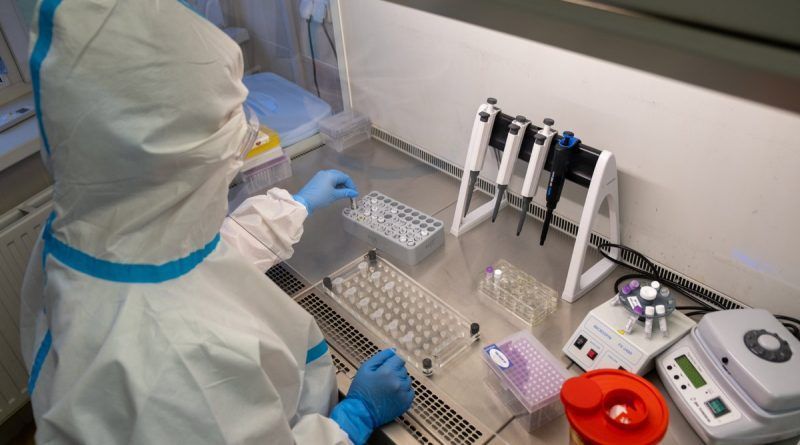The severe course of COVID-19 has been linked to the composition of the oral and nasal microflora
The severe course of COVID-19 has been linked to the composition of the oral and nasal microflora
U.S. physicians have found that the absence of certain types of bacteria in the microflora of the mouth and nose can increase the risk of developing severe forms of COVID-19.
Over the past two years, researchers have identified several factors that increase the likelihood of infection, severe course and death from COVID-19. Among them: diabetes, being overweight, asthma, cardiovascular disease and others. U.S. scientists have found that the composition of the microflora of the mouth and upper respiratory tract may be related to immune responses to infection.
To study microflora changes during infection, researchers collected 78 saliva samples and 66 nasopharyngeal swabs among COVID-19 patients. They extracted the bacteria from the samples and deciphered their genome. The study showed that coronavirus complications occurred more often in patients with low numbers of bacteria of the genus Bifidobacterium, Lactobacillus, Solobacterium and Paracoccus. At the same time, the number of bacteria of the species Proteus, Cupravidus and Lactobacillus on the surface of the nasal mucosa was increased in patients with the severe form of SARS-CoV-2.
“Our observations suggest that the course of COVID-19 depends on the abundance of certain microbial species,” the researchers write.
Scientists do not yet know exactly how microflora are related to the severity of the coronavirus infection. However, they speculate that the bacteria may affect the activity of immune cells in the mucous membranes of the mouth and nose. Subsequent experiments will help test this hypothesis.
